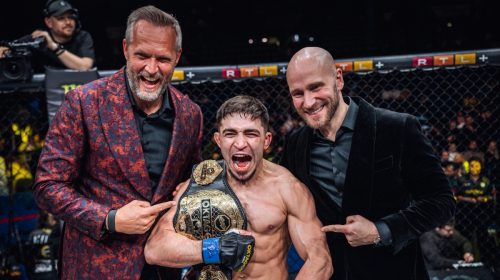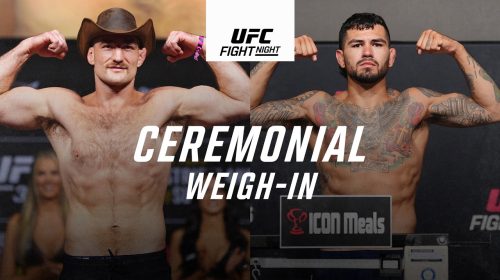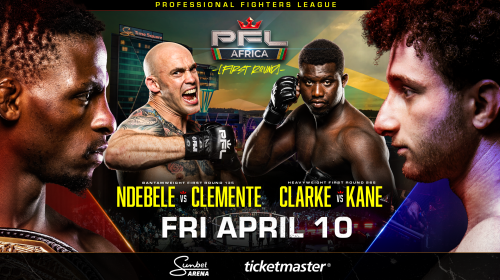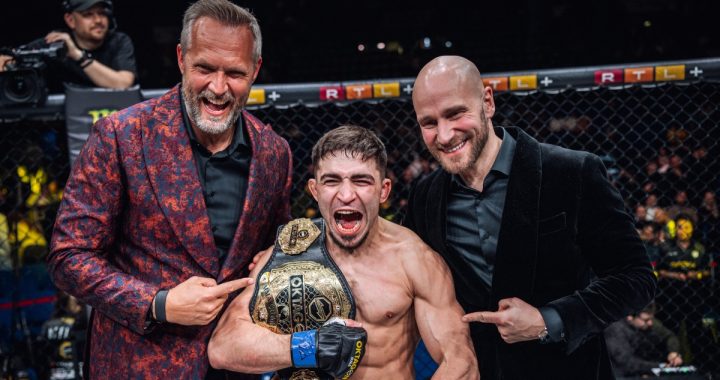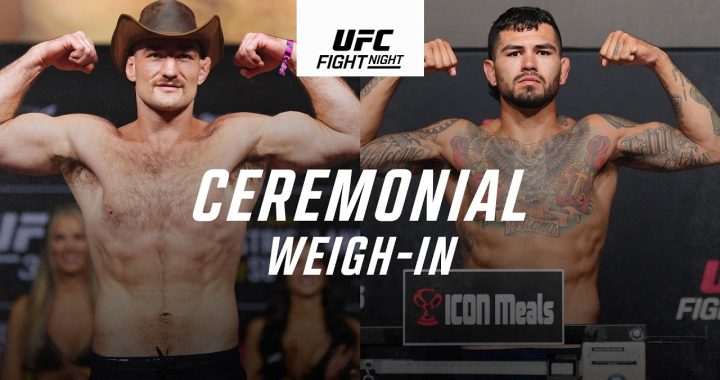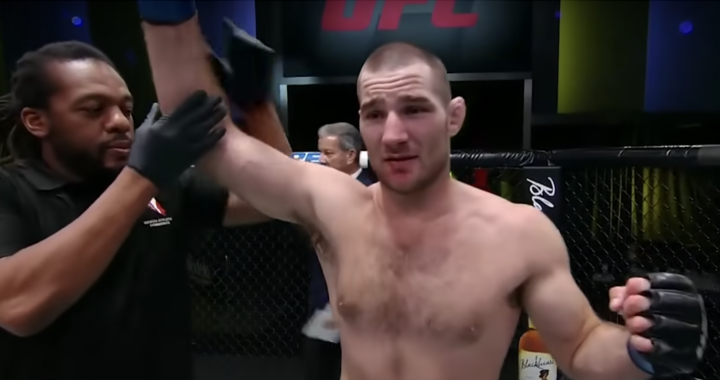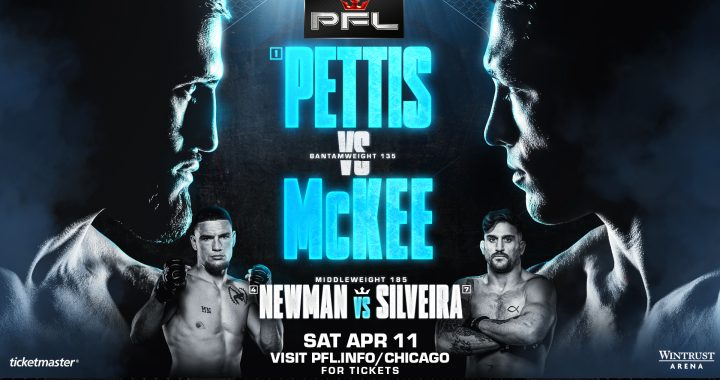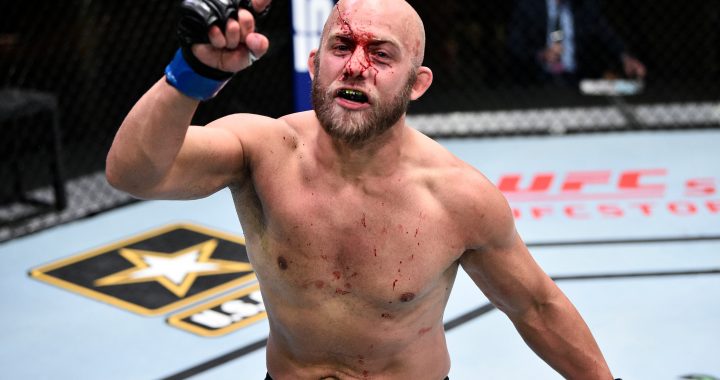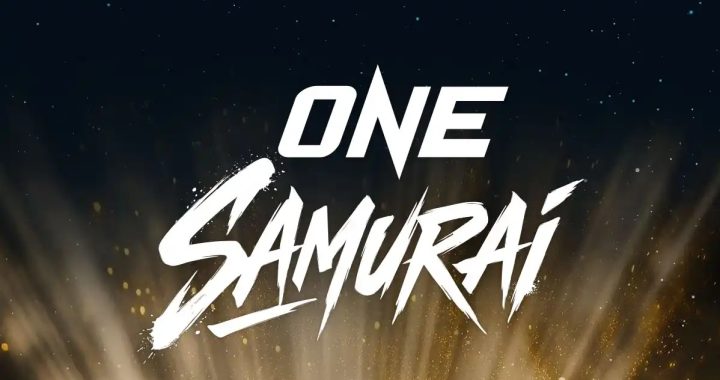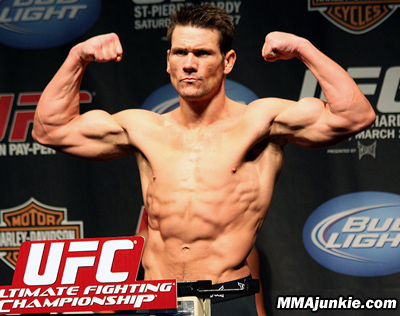
Where Are They Now? – Rory Markham- The MMA Journey
Any man driven by a passion for something does it with the intent of becoming the best at their craft. Mixed Martial Arts’ grueling demands show athletes baring their soul, documented in their quest to reach their aspired destination. It seems like yesterday when rising Miletich FS talent, Rory Markham burst into the MMA scene in the early 2000s. Fortitude, talented, and relatable these are the qualities that gain Markham worldwide fan support, as someone they wanted to see prosper at the highest level. Where did it take him? What did he accomplish? What did he uncover?
In this two-part series interview, MYMMANEWS takes you on a journey documenting the fight life of Rory Markham.
You have always had a thirst for competing. Looking back at your initial interest in MMA, why did you feel the sport was the perfect fit for you in challenging yourself?
Rory Markham: I subconsciously didn’t realize I was challenging myself at all. I truly believe I was going to walk the earth and have to go dojo to dojo, tap my foot on the mat three times, and if I win, I will get to keep the dojo’s sign. That’s how it was back in the early days in Japan. But when the UFC first came across the television screen, I knew my destiny was sealed. I was about 13 at the time. I remember going to the park down the block, sitting on the bench, and being overcome with joy that I began to cry and pray to God, thanking him for all he had given me.
You have always been a grinder throughout your career. However, fans introduction to you was in IFL. The IFL had one of the most appealing concepts laid down by any fight promotion. You were a standout competitor in the organization. Although you represented Team Miletich: Silverbacks, how difficult was it not only competing against an opponent but also fighting against your teammates in becoming the standout fighter?
Rory Markham: I never fought a teammate, nor would I. There is plenty of anxiety in the sport, and when you’re in it, you live like a tiger. I watched most of my teammates while in the UFC. Dana had his whole “you’re a f**kin fighter speech.” Give me a break. I implore even the emptiest of any soul to put their heart into the Martial Way by joining a legit MMA camp and depend on your teammates to show up to practice and bleed with you. That man becomes your brother, and I made it very clear to every promoter that I know what I am, and I don’t have to fight a brother to prove it. It’s a joke. And whoever is doing this, wake up, you don’t have to. It pollutes the team dynamic and creates a feeling in the room that would chip away at morale.
Your success in IFL laid the foundation for your entry into the UFC. Looking back, how would you judge your UFC run? Was there any pressure trying to live up to an expectation, or were there other influences that affected your performance?
Rory Markham: My first performance was me, fully trained. But, when I went against Hardy, I cut 32.1 lbs. in three days and fought with a collapsed lung. I am a fighter, and I didn’t want to disappoint the fans, especially those that gained inspiration from me. I believe if I fought emphatically, I would be able to get a person off the couch to go for a run, ask that person out to dinner, or anything that moves someone in a positive direction. So, at that time, fighting was bigger than just me.
“Real Sports with Bryant Gumble” documented the series of events concerning your fight against Hardy. Was there any validity in Real Sports’ coverage?
Rory Markham: I never made a public excuse for the loss. I never shed light on health care, which wouldn’t have been correct. I remember hiding in the bathroom, checking the size of my neck, as it had grown an inch since that morning. At that moment, I knew I was in real trouble. I laugh to myself that Real Sports dug up that information because I never told anyone except one person in the UFC. The UFC made sure for the ten extra days to put me up in London. I received a CTE scan and pulmonary check once a day to see if the pneumothorax in my lung would heal enough to get me home. I felt like family for that moment, but I didn’t recover physiologically. Looking back, I should have asked for additional care hoping the UFC would provide it, but the option was never open. The company never says to a fighter, “Hey, if you have some mental blockades after a fight that will prevent you from performing at your best, let us know.” So, you’re a scared 24-year-old man that doesn’t want to upset the brass. Remember, anyone aspiring to do something in the sport of MMA, for one it’s not a sport. Don’t expect to get the level of treatment you deserve. Life isn’t easy after fighting. Your body and mind worsen, and if you don’t set up your life after fighting, then they better have a 401k, which most likely, they won’t.
You were eventually released from the UFC after your lost to Nate Diaz. Post UFC, many variables prevented you from fighting, such as your schedule matches at Bellator in 2010, Titan FC in 2011, and Battle Xtreme in 2012. How frustrating was it dealing with these setbacks in your career?
Rory Markham: I’m a man. I had no business taking the Diaz fight but I gave my word. I had a huge private family issue going on throughout that camp, and for the first time in my life, I wasn’t in the best cardiovascular shape. But, that’s the fear of losing our spot in the most unforgiving “sport” in the world. That thought is enough to get you to lace up the gloves and trust in your abilities.
For any fighter that has been doing as consistent as you have for so many years, one can imagine it can be difficult adjusting to a new routine. How difficult was it for you not fighting anymore?
Rory Markham: I went through a few years of deep depression. Some fighters are just that, fighters, and great at it. I am a true martial artist, and as Miramoto Musashi said: “To be a true Martial Artist, one must become an artist of all things.” I am one of the fighters who understands the visual poetry we put on coming from the darkest places with the meanest intent. I have worked on my other talents when I came out of the fog. One can become deeply sorrowful and have a morbid outlook with the simple change in routine, knowing you have to find or create another path. That wasn’t exactly the toughest part for me. I knew the entire time I was fighting that I would Segway into acting. After many years of separation from the fight game, I can look back and feel blessed that I kept my brain and used it to go forth in the other thing I truly loved in life; Acting.
Tune in to Part Two to discover where Markham’ s journey proceeded after his parting from Mixed Martial Arts competition………………
